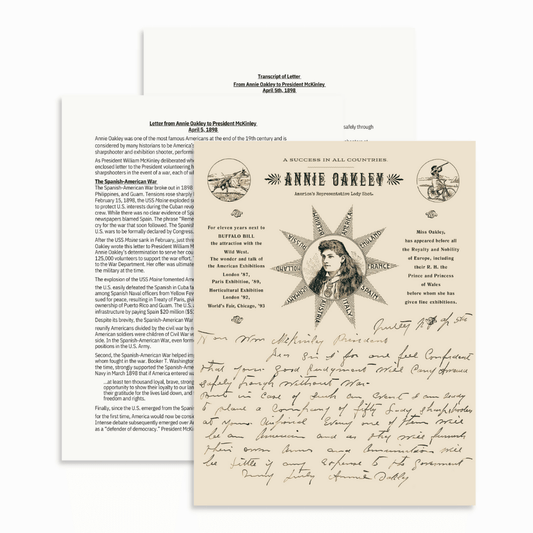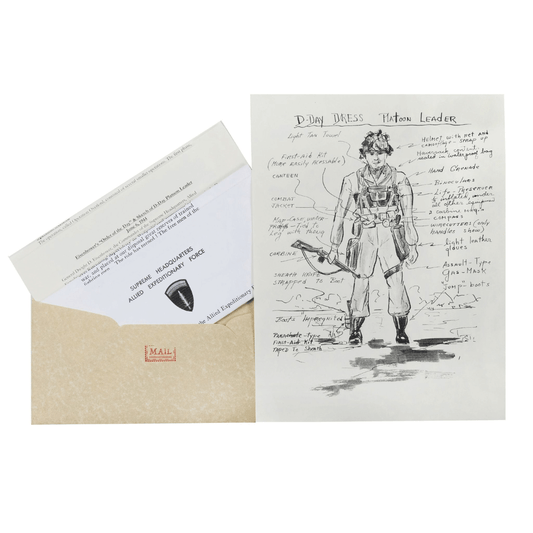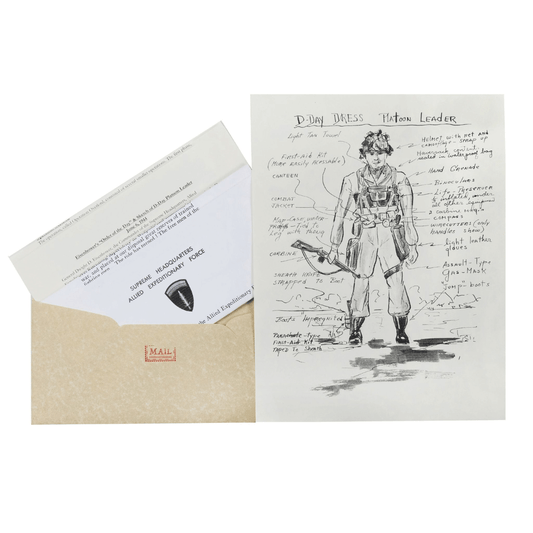A Brief History of Labor Day in the U.S.
Labor Day, celebrated on the first Monday of September in the U.S., marks the end of summer and a time for family gatherings and barbecues. However, beyond the festivities, this holiday holds deep historical significance. Labor Day is dedicated to honoring the American labor movement and the contributions of workers to the prosperity and well-being of the nation.
The Birth of Labor Day
The late 19th century was a tumultuous time for American workers. The Industrial Revolution had transformed the nation's economy, leading to significant changes in the workforce. Workers faced grueling 12-hour workdays, unsafe conditions, and meager wages. Labor unions, which had started to gain prominence, were advocating for improved working conditions, fair wages, and a reduction in the workweek.
Peter J. McGuire, a prominent union leader who established the United Brotherhood of Carpenters in 1881, is often attributed with originating the concept of Labor Day in the U.S. He proposed to the Central Labor Union of New York the notion of commemorating American workers with a celebratory event. The Central Labor Union of New York City organized the first Labor Day parade on Tuesday, September 5, 1882. However, others attribute the idea to Matthew Maguire, a machinist and secretary of the Central Labor Union, who proposed a national holiday dedicated to workers. The debate about the true origin continues, but it's clear that Labor Day was born out of the growing labor movement's desire to celebrate and honor the contributions of workers.

P.J. McGuire, who held the position of Vice President of the American Federation of Labor, is widely credited with the establishment of Labor Day in the United States.
State-Level Adoption
After the initial Labor Day celebrations in New York, the idea quickly gained momentum in other states. Oregon became the first state to officially recognize Labor Day as a holiday in 1887, followed by Colorado, Massachusetts, New Jersey, and New York. As more states adopted the holiday, momentum grew for a national observance.
President Grover Cleveland and Labor Day
In 1894, President Grover Cleveland officially signed Labor Day into law as a national holiday. This decision was partly a response to the growing labor unrest in the U.S., particularly the Pullman Strike of 1894, during which federal troops were called in to quell the strike and violence erupted. By declaring Labor Day a federal holiday, President Cleveland hoped to appease the labor movement and create a symbolic gesture of recognition for the American worker.
Labor Day Traditions
Over the years, Labor Day has evolved into a day of various traditions and celebrations. Parades, often featuring labor unions, community organizations, and local businesses, are a common sight on this holiday. These parades celebrate the diversity and unity of the American workforce. Another quintessential Labor Day tradition is the backyard barbecue, where families and friends gather to enjoy grilled food and each other's company before the summer comes to a close.

In 1894, a parade to celebrate Labor Day was held on Pennsylvania Avenue in Washington, D.C.
Labor and the Labor Movement
As Labor Day became an established holiday, it continued to hold significance for the labor movement. It provided a platform for labor unions to showcase their strength and advocate for workers' rights. The holiday also served as a reminder of the ongoing struggles faced by workers in their pursuit of fair wages, safe working conditions, and reasonable hours. Throughout the 20th century, labor unions continued to play a vital role in shaping labor laws and workers' rights in the U.S.
Labor Day Today
In the 21st century, Labor Day has evolved into a multifaceted holiday. While it still carries the historical significance of honoring the labor movement and American workers, it has also become a symbol of the end of summer and a time for leisure and relaxation. Many Americans use the long weekend as an opportunity for one last getaway or a final summer barbecue with friends and family.
Labor Day in the U.S is a celebration of the hard work and dedication of the American workforce. While the labor movement has evolved, the holiday remains an important reminder of the struggles and triumphs of workers throughout the nation's history.
Additional History By Mail Subscriptions
-

 Sale
Sale6 Month Subscription
63 reviewsRegular price $41.99 USDRegular priceUnit price / per$53.94 USDSale price $41.99 USDSale -

 Sale
Sale1 Year Subscription
57 reviewsRegular price $77.99 USDRegular priceUnit price / per$107.88 USDSale price $77.99 USDSale -
Monthly Subscription
11 reviewsRegular price $8.99 USDRegular priceUnit price / per






